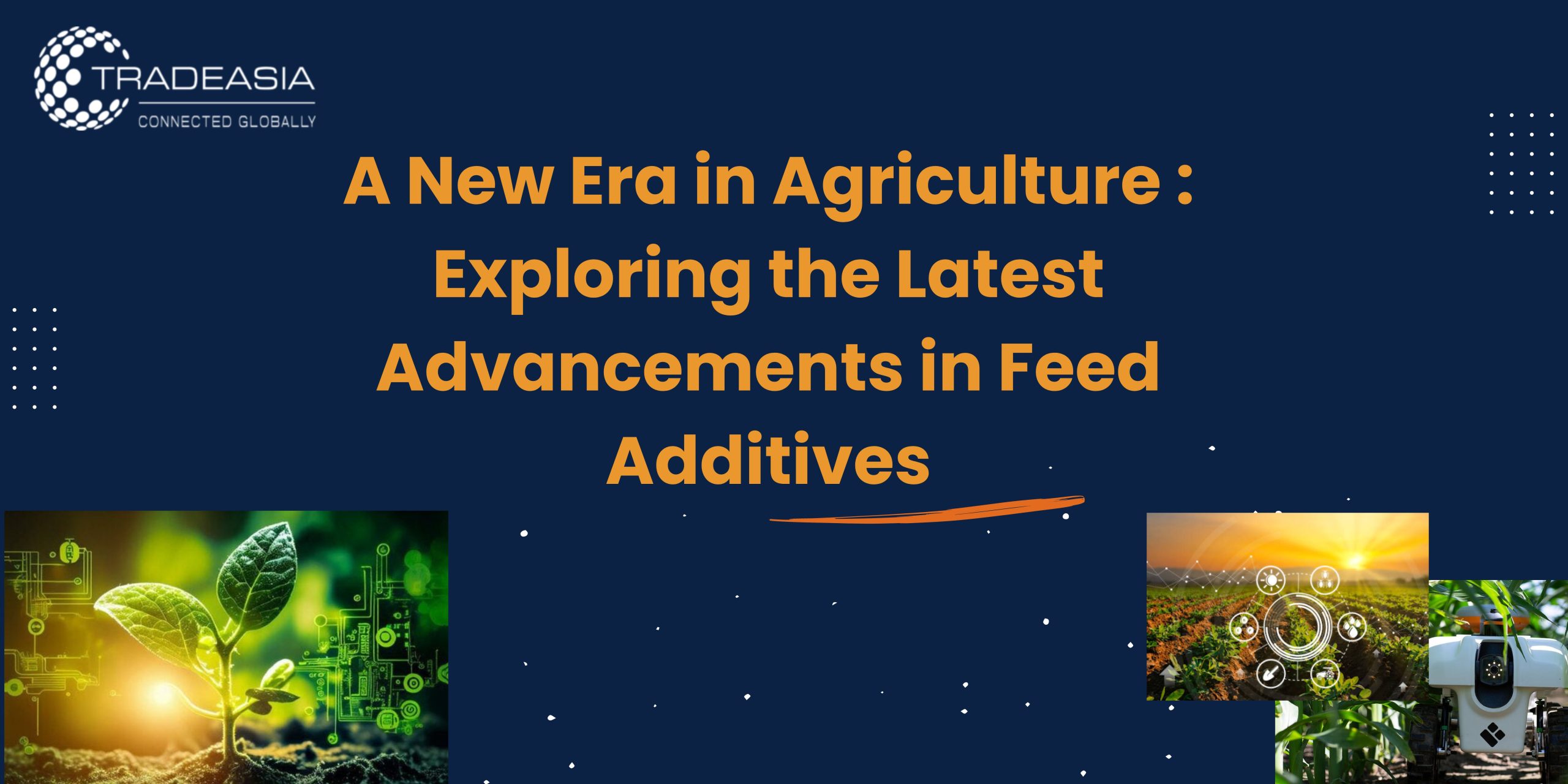In the ever-evolving agricultural landscape, the search for innovative solutions to improve livestock health and productivity has resulted in a significant paradigm shift. Exploring the Latest Advancements in Feed additives looks at the latest developments that are reshaping the way we approach livestock nutrition. This comprehensive survey explores the science behind feed additives, their various impacts on animal welfare, and the sustainable practices driving these advances.
Evolution of Feed Additives:
This article begins with an introduction to the historical development of feed additives, from their rudimentary beginnings to today’s sophisticated formulations. We examine the evolution of these connections and reveal how advances in science and technology have facilitated the transformation journey.
Precision Nutrition and Targeted Formulations:
At the heart of the latest advances is the concept of precision nutrition. Modern feed additives are developed with precision to enable targeted formulations and ensure livestock receive exactly the nutrients they need for optimal health and growth. This article explains how this accuracy is achieved and the implications this has for livestock farming. The science behind improving nutrient absorption: Advances in feed additives are closely tied to our deep understanding of animal physiology. This article describes the science behind improved nutrient absorption and examines how certain additives work at the cellular level to optimize the use of important nutrients, leading to improved feed efficiency.
Beyond Nutrition: Feed Additives and Animal Welfare
In this section, this article considers the growing role of feed additives in promoting animal welfare. This study investigates how specific additives contribute to stress reduction, disease prevention, and overall well-being, consistent with evolving societal expectations for ethical and humane animal husbandry practices.
Sustainable farming practices and eco-friendly additives:
A new era in agriculture requires a commitment to sustainability. This article examines how recent advances in feed additives align with sustainable agricultural practices. We are looking to develop environmentally friendly additives that not only improve livestock performance but also minimize environmental impact and contribute to more sustainable and responsible agriculture.
Technology Integration:
The integration of technology into agriculture has opened up unprecedented opportunities. This section examines how technological advances such as data analytics and precision aquaculture techniques can be used in conjunction with feed additives to optimize feeding strategies, monitor animal health, and maximize overall farm efficiency.
Case studies and real-world applications:
This article puts theory into practice and presents case studies and real-world applications of the latest advances in feed additives. These examples highlight success stories, challenges, and tangible benefits observed by farmers who have adopted these innovations.
Future trends and challenges:
This study concludes with a consideration of the future of feed additives in agriculture. We discuss new trends, potential challenges, and ongoing research that promises to bring even more opportunities. From personalized nutrition for livestock to breakthroughs in sustainable formulations, this article charts the exciting prospects on the horizon.
Conclusion:
Exploring the Latest advances in Feed Additives provides a comprehensive overview of the transformative journey that feed additives have taken. As agriculture enters a new era characterized by precision, sustainability, and technological integration, feed additives serve as important catalysts, shaping the landscape of modern livestock nutrition and fostering the development of responsible and efficient agricultural practices. If you are interested in Feed Addictive and other products for your specific business needs, please do not hesitate to contact us.

